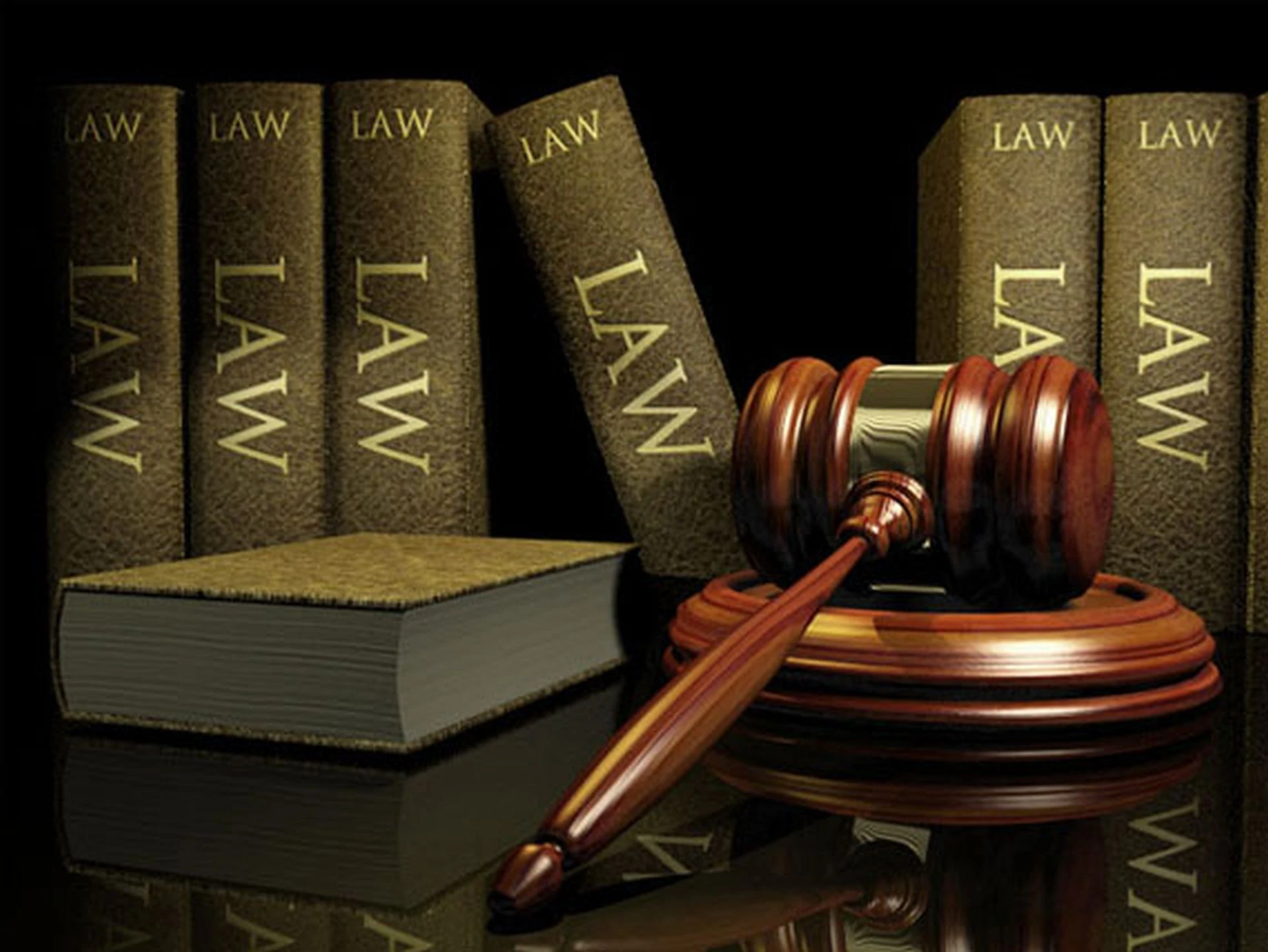When G-d — And the Self — Become the Source of Shame, the Snake Has Taken Me Captive
When We Heal the Sin but Not the Shame — We Are Scratching the Surface
1 hr 52 min
Likkutei Torah Matos V'Eisha #4
- August 1, 2024
- |
- 26 Tamuz 5784
Rabbi YY Jacobson
833 views- 5Comment
- Call-in
Listen to the class on the phone
Call +1 (845) 201-1933
When prompted, dial the ID number below.
9399 MP3 MP4 Source Sheets - Copy Embed
L'Ilui nishmas Avrohom Dovid ben Alter Boruch, Z"L
For a speedy refuah shleima for Baruch Shlomo ben Rochel
Class Summary:
This class was presented on Thursday, 26 Tamuz, 5784, Parshas Matos-Masei, August 1, 2024, at Bais Medrash Ohr Chaim in Monsey, NY.
Categories
Likkutei Torah Matos V'Eisha #4
Rabbi YY Jacobson
- August 1, 2024
- |
- 26 Tamuz 5784
- |
- 833 views
L'Ilui nishmas Avrohom Dovid ben Alter Boruch, Z"L
For a speedy refuah shleima for Baruch Shlomo ben Rochel
Classes in this Series
Please help us continue our work
Sign up to receive latest content by Rabbi YY
Join our WhatsApp Community
Join our WhatsApp Community










Please leave your comment below!
R.G. -6 months ago
What I should do with shame
If I may just clarify the issue with shame a little more precisely - when we feel shame because of something bad we did we can either acknowledge the action or deny that we did it. Denying it or blaming others for what I did assuages the shame, but it is "going into hiding" or losing our connection with ourselves and Hashem and that is where the greatest sin begins.
Adam Harishon did not acknowledge his sin but blamed someone else, that is where the klipot got him.
David Hamelech acknowledged his sin and worked on himself until he was completely absolved of it.
The problem with shame is that people often feel it when they have done nothing bad. This often results from other people blaming us when they feel shame. It takes a lot of work to get through the fog and realize that you are the victim and not the perpetrator. That work is well worth the effort and gives a clarity of mind that can begin to see the difference between truth and falsehood.
Shame - בושה, clothing - לבוש they both share the same root.
Reply to this comment.Flag this comment.
Anonymous -6 months ago
Thank you so much! The connection between shame and hiding is so powerful.
What is the source for saying that when Gd asks where are you He is saying why are you hiding.
Reply to this comment.Flag this comment.
Danny -6 months ago
ans
Hashem is not asking becuase he does not know. Hence the question is more about Adams own state of consciousness - Where are u? therefore implies Adam is hiding from himself - i dont think a source is required it flows from teh basic philosophical assumptions we have about God
Reply to this comment.Flag this comment.
Anonymous -6 months ago
Reply to this comment.Flag this comment.
Alter Egoz -6 months ago
We crave things when empty, and desire things when full
It says: "Hashem desired a dwelling place down below". Was this, then, a desire or craving out of fullness or emptiness? Surely Hashem was and is "full" in the sense that He needs nothing; yet we say he was lacking something A king needs a people. R. Manis Friedman talks about Hashem needing. R. Mizrachi considers this heresy. R Breitowitz says, yes Hashem needs (based on a Medresh )and its forbidden to attack.
Reply to this comment.Flag this comment.
Avraham Bekhor -6 months ago
Desire
The words in the midrash is נתאוה desire.
After the great explanation of the different between desire and craving is understood the the Dirà comes from a level of fulness and connection and Hashem gave us a chance to be connected with his vision. Not from craving and emptiness, so the question we are fulfiling a need is not a question because is not from a place of a need and craving. Similar to the haara in likutei sichos helek 6 shemos.
Hashem is a king is also a מלך בעצם just giving us a chance of a connection
Reply to this comment.Flag this comment.
Anonymous -6 months ago
love your answer
Reply to this comment.Flag this comment.
Alter Egoz -6 months ago
"Therefore, a man leaves his mother and father
And cleaves to his wife". Notice that had his parents not done the very same thing even before he was born, he would not even exist. And then his children etc
Reply to this comment.Flag this comment.